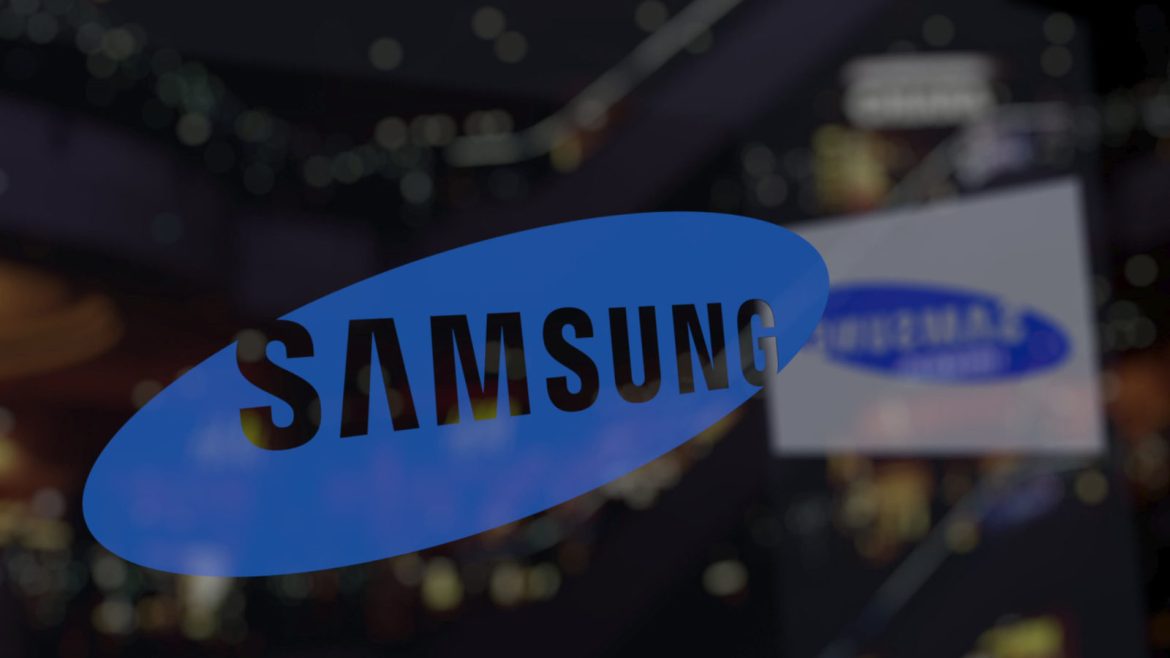Samsung Electronics announced a powerful earnings rebound on Thursday, with its third-quarter operating profit more than doubling from the previous quarter as the company capitalized on voracious global demand for memory chips used in artificial intelligence servers.
The results, which comfortably beat analyst estimates, signal a significant turnaround for the South Korean technology giant after a previous slump in its semiconductor business and sent its shares surging nearly 4% in early trading.
AI demand fuels stunning chip rebound
The driving force behind this impressive turnaround was the company’s semiconductor division, which saw its operating profit increase over tenfold compared to the June quarter.
The unit’s revenue climbed to 33.1 trillion Korean won, up 13% from last year, while its operating profit rose 81% to 7.0 trillion Korean won over the same period.
Company executives confirmed that demand from the AI sector is far outstripping supply, a trend they expect to continue.
“We expect data center companies to continuously expand their hardware investment because of the ongoing competition to secure AI infrastructure,” a Samsung executive said during an earnings call.
“Therefore, our AI-related server demand keeps growing, and this demand significantly exceeds industry supply,” he added.
According to LSEG SmartEstimate, Samsung’s key results were:
- Revenue: 86.1 trillion Korean won ($60.5 billion) vs. 85.93 trillion won forecast.
- Operating profit: 12.2 trillion won vs. 11.25 trillion won forecast.
The HBM battleground
A key part of this success is the company’s performance in the high-stakes market for High-Bandwidth Memory (HBM) chips, which are essential for AI computing.
Samsung’s memory business set an all-time high for quarterly sales, largely driven by these advanced chips.
The company had been seen as lagging its main rival, SK Hynix, in securing contracts with AI leader Nvidia. However, recent developments suggest Samsung is closing the gap.
Last month, it reportedly passed Nvidia’s qualification tests for an advanced HBM chip. Furthermore, a recent report from Counterpoint Research found that Samsung had reclaimed the top spot in the overall memory market in the third quarter.
Looking ahead, Samsung said it will focus on the mass production of its next-generation HBM4 technology in 2026.
Beyond chips: Strong smartphone sales provide solid support
While the chip division stole the spotlight, Samsung’s mobile and network businesses also delivered a strong performance.
The unit, responsible for smartphones, tablets, and other devices, posted an operating profit of 3.6 trillion won, a 28% increase from the same period last year.
The company attributed the robust results to strong sales of its flagship smartphones, including the successful launch of its latest foldable device, the Galaxy Z Fold7.
Samsung predicted that the rapid expansion of the AI industry would create new opportunities for both its device and chip businesses in the coming quarter.
The post Samsung’s profit more than doubles as AI chip demand explodes appeared first on Invezz

